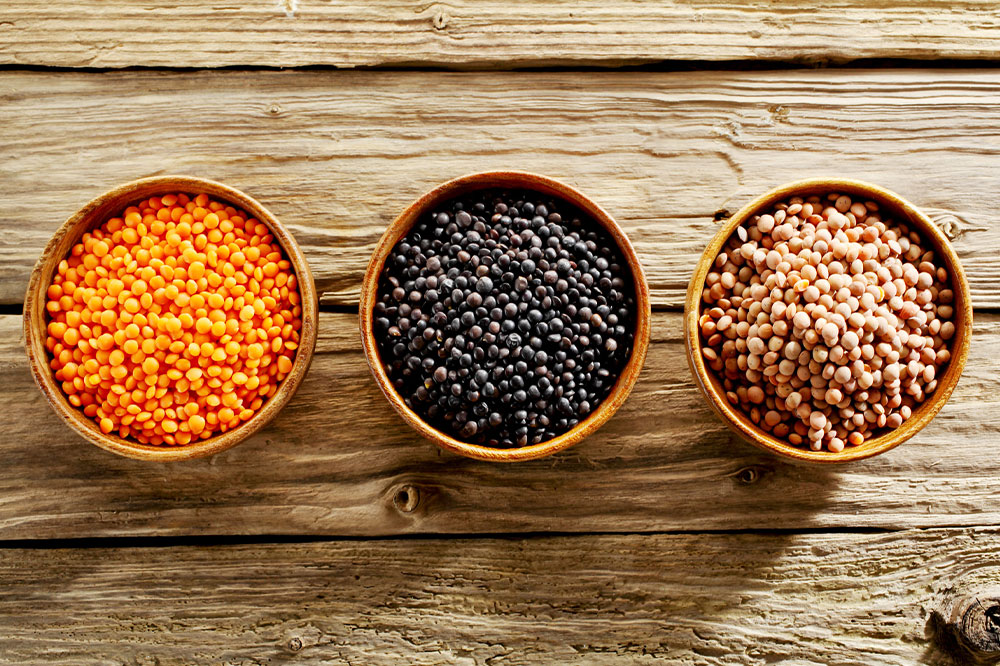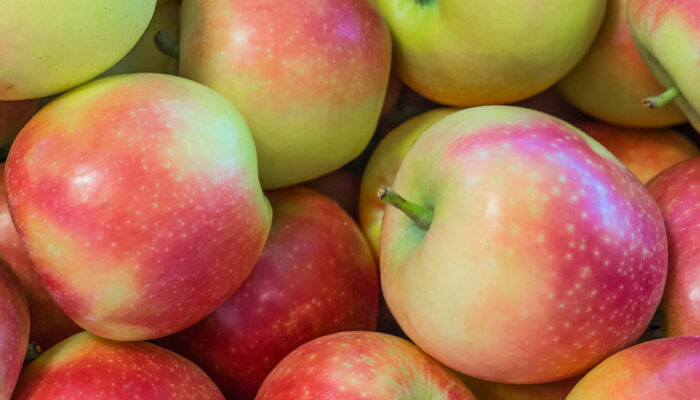6 foods to eat to manage schizophrenia

Schizophrenia is one of the most complex mental disorders. Individuals struggling with the condition often experience symptoms like delusional thinking, hallucinations, and social isolation. The condition significantly affects cognitive ability, leading to trouble perceiving emotions or controlling behavior. Patients need multidimensional support, including special care and dedicated treatment. Other remedies, such as eating a healthy meal plan, can help. For example, foods can determine one’s mood, so it’s important to know the most nourishing foods for schizophrenia.
Here are a few foods that patients with schizophrenia can include in their meal plans:
- Lentils
Lentils are reasonably priced food items that contain many nutrients, from protein and fiber to essential vitamins and antioxidants. These superfoods help boost the production of a brain chemical called serotonin, which regulates one’s mood and behavior. Apart from that, it also stabilizes one’s sugar levels and keeps one energetic. - Broccoli
Studies show that this cruciferous vegetable has high levels of antioxidants, sulforaphane, vitamins, folic acid, zinc, and fiber. People with schizophrenia may experience chemical imbalances in their brains, which sulforaphane-rich foods like broccoli can regulate. - Whole grains
People with schizophrenia struggle to satisfy their hunger and may not feel full even after meals. In addition, the patients may also see a hike in their body fat due to schizophrenia treatments. So, foods rich in fiber, like whole grains, can help one feel full for a long time. These may include wheat, rye, barley, and millet. - Avocado
This is another food high in fiber that contains healthy monounsaturated fats. This combination can help reduce brain inflammation and keep one feeling full. - Berries
These sweet fruits, including blueberries, strawberries, and raspberries, are rich in antioxidants and known to improve one’s cognitive function, reduce brain damage, and maintain a healthy heart. They are low in calories and versatile, making them a perfect snack or ingredient in different dishes. - Seafood
Another common recommendation for patients with schizophrenia is to consume foods rich in omega-3 fatty acids. Seafood, such as salmon, mackerel, and sardines, are some of the best sources. Their healthy fats are believed to support brain function and reduce episodes or symptoms of the condition.
That said, it’s best to consult one’s healthcare professional before taking up or eliminating any food items from one’s daily routine. A doctor is better equipped to determine the needs and allergies of an individual and plan out a customized food intake for the patient.














